If you're reading this, then you're probably already familiar with Music Business. But, business for music samples? Or Music Sample Business?
Well, that's actually a thing too. And it has just as many (or even more) complexities.
Here, we cover everything you need to know about business and music sampling for 2023 and beyond.
Sampling in the Digital Business World
Digital tools and platforms have not only transformed the technical sampling process, but also how artists access, collaborate and monetize. Although music samples are a segment or loop extracted from an existing audio track, producers end up integrating these fragments into new compositions.
- Accessibility: Platforms like Sample Focus have democratized access to high-quality samples, making it easier for budding artists to start their journey.
- Collaboration: The internet has fostered a global community where artists from different continents can collaborate in real-time, sharing and integrating samples.
- Innovation: Advanced software allows for intricate manipulation, enabling producers to tweak and mold samples in unprecedented ways.
Marketing, Collaboration, and Revenue
Sampling is a powerful marketing tool that generates connection and buzz through familiar samples, but artists need proper permissions and licenses. Collaborating with sample creators and producers, helps open doors, while online platforms and sample libraries create avenues for artists to generate revenue by selling and licensing their sounds.
- Sampling as a marketing tool: Familiar samples create connection and buzz, but artists must obtain permissions and licenses to avoid legal issues.
- Sampling and collaboration: Collaborating with sample creators, producers, and musicians opens doors to new creative directions, expanded networks, and increased exposure.
- Sample libraries and revenue: Online platforms and sample libraries offer new income streams. Artists can sell sample packs and license samples, monetizing their creativity and contributing to the music industry.
Legal Aspects of Sampling: Navigating the Maze
Sampling isn't just about creativity; it's about responsibility:
- Copyright: Every piece of music is protected by copyright. Unauthorized sampling can lead to legal repercussions.
- Clearance: To legally use a sample, you need clearance from both the original song's copyright holder and the recording's owner.
- Fair Use: While some argue that sampling falls under 'fair use', it's a gray area. Always err on the side of caution and seek permissions.
A Democracy For Music Production
In the past, access to quality music samples was limited to those with deep pockets or industry connections. However, we are now in a new era of music production. Platforms like are at the forefront of this revolution.
Platforms like Sample Focus offer a vast library of high-quality samples, catering to a diverse range of genres and community-driven content. Artists from around the world contribute to its ever-growing repository, ensuring a fresh and varied selection.
For budding artists, this means no longer being restricted by budget constraints or limited resources. With just a few clicks, they can access the best samples and sounds.
A Global Music Sampling Village
The internet created a global community of artists, and helps allow collaboration between music producers, especially in the realm of sampling.
Platforms like Sample Focus not only provide access to free samples but also serve as hubs for collaboration. Artists can share their creations, seek feedback, and even collaborate. Imagine a producer in Tokyo crafting a track using a sample created by an artist in Rio de Janeiro. This cross-pollination of cultures and sounds leads to truly unique compositions.
A community-driven nature means that artists are continually learning from each other, sharing techniques, tips, and insights. It's a dynamic ecosystem where collaboration fuels innovation.
Royalties: Performance Rights Organizations
Performance rights organizations (PROs) collect and distribute performance royalties. This entails songwriting, publishing and composing in general.
The main ones include:
ASCAP (American Society of Composers, Authors, and Publishers)
Represents over 790,000 global songwriters, composers, and publishers, collecting royalties for various mediums.
BMI (Broadcast Music, Inc.)
Represents more than 1.1 million songwriters, composers, and publishers, licensing and collecting performance royalties for diverse settings.
SESAC (Society of European Stage Authors and Composers)
Represents songwriters and publishers across genres, licensing and collecting performance royalties in various media.
PRS for Music (Performing Right Society for Music)
UK-based PRO representing global members, licensing and distributing performance royalties domestically and internationally.
SOCAN (Society of Composers, Authors, and Music Publishers of Canada)
Main PRO in Canada, licensing and collecting performance royalties domestically and worldwide.
APRA AMCOS (Australasian Performing Right Association and Australasian Mechanical Copyright Owners Society)
PRO operating in Australia and New Zealand, licensing and collecting performance royalties in those territories and internationally.
These PROs ensure that songwriters, composers, and publishers receive compensation for public performances of their works. Other PROs exist globally, each with its own repertoire and services.
What's the role of PROs in Sampling?
Performance rights organizations (PROs) play a crucial role in the context of sampling. When an artist samples a copyrighted composition and publicly performs or broadcasts the resulting work, they need to obtain licenses from PROs. These ensure that the original copyright holders get royalties.
They handle the licensing process, collect performance royalties, and send them to copyright holders. This entails helping artists comply with copyright laws, properly compensate copyright holders, and respect licensing requirements associated with sampling.
How do Performance Rights Organizations Calculate Payments?
They are based on performance data, repertoire information, sampling reporting, and distribution policies. PROs use performance data to track when and where compositions are performed, maintain databases of represented compositions, require reporting of sampled usage, and have policies for distributing royalties to copyright holders. These ensure fair compensation and protect songwriters, composers, and publishers.
Monetize Samples and Turn Passion into Profit
The demand for unique sounds continues to grow, and today, producers who can offer distinctive samples have a significant advantage. For those creating original samples, here are the most common options:
- Sample Packs: Curate themed packs of samples. Platforms like Sample Focus are perfect launchpads for your creations.
- Licensing: In certain cases platforms have licenses for your samples, allowing artists to use them in their tracks for a fee.
- Royalty Deals: Strike deals where you earn each time a track with your sample earns.
Curated Collections and Loops
One of the most straightforward ways to monetize your samples is by curating them into themed packs. These could be genre-specific, mood-centric, or even instrument-focused. By hosting sample packs, you not only gain visibility but also tap into a community that values and understands the importance of unique sounds.
Licensing
Licensing is another avenue to explore. Instead of selling your samples outright, you can offer licenses that allow artists to use them in their tracks for a fee. This can be a one-time fee or a recurring one, depending on the agreement.
There are different types of licenses you can offer:
- Exclusive License: Where the sample can only be used by the purchaser and is no longer available for sale.
- Non-exclusive License: Where multiple artists can purchase and use the sample.
- Lease License: Where artists can use the sample for a limited period or limited project scope.
In the case of Sample Focus material is royalty-free. So you can build upon anything, in any way you want. No attribution is required.
Royalty Deals: Earning with Every Play
Royalty deals are a more long-term approach to monetizing your samples. Instead of a one-time payment, you strike deals where you earn a percentage every time a track featuring your sample earns revenue. This could be from streaming platforms, radio plays, or even album sales.
If an artist uses your drum loop in a track that becomes a hit, you'll get a cut of the track's earnings for as long as it generates revenue.
It's a win-win situation: the artist gets a unique sound, and you get an income stream.
Pricing Strategy
Pricing is both an art and a science. You need to check:
- Market Research: Explore platforms to check the going rate for similar samples.
- Quality vs. Price: Ensure your samples offer value for the price point. High-quality, unique samples can command higher prices.
- Feedback Loop: Regularly solicit feedback from your customers. It can provide insights into pricing adjustments.
Build a Brand in the Sampling World
Your brand is your identity. And a brand is an key component for the success of business. In this case, a music sample business.
Tips
- Consistency: Ensure every sample, every pack, and every interaction reflects the ethos of your brand.
- Engagement: Regularly interact and engage with your community.
- Education: Offer tutorials, workshops, and webinars. Not only does this position you as an authority, but it also adds value to your brand.
Integrity in Music Business
Sampling is as much about respect as it is about creativity:
- Cultural Sensitivity: When sampling sounds from diverse cultures, do so with understanding and reverence.
- Ethical Use: Even if a sample is cleared legally, consider its ethical implications. Is it respectful? Does it appropriate or misrepresent?
Final Words
Sampling is now way more accessible, collaborative, and innovative that it was before the internet came around.
It serves as a powerful marketing tool, where platforms, sample libraries, distributors and labels provide avenues for revenue generation. But, artists are still responsible for legal aspects, including copyright and clearance. Only by understanding this can aspiring artists explore their creativity and contribute to the broader music industry.

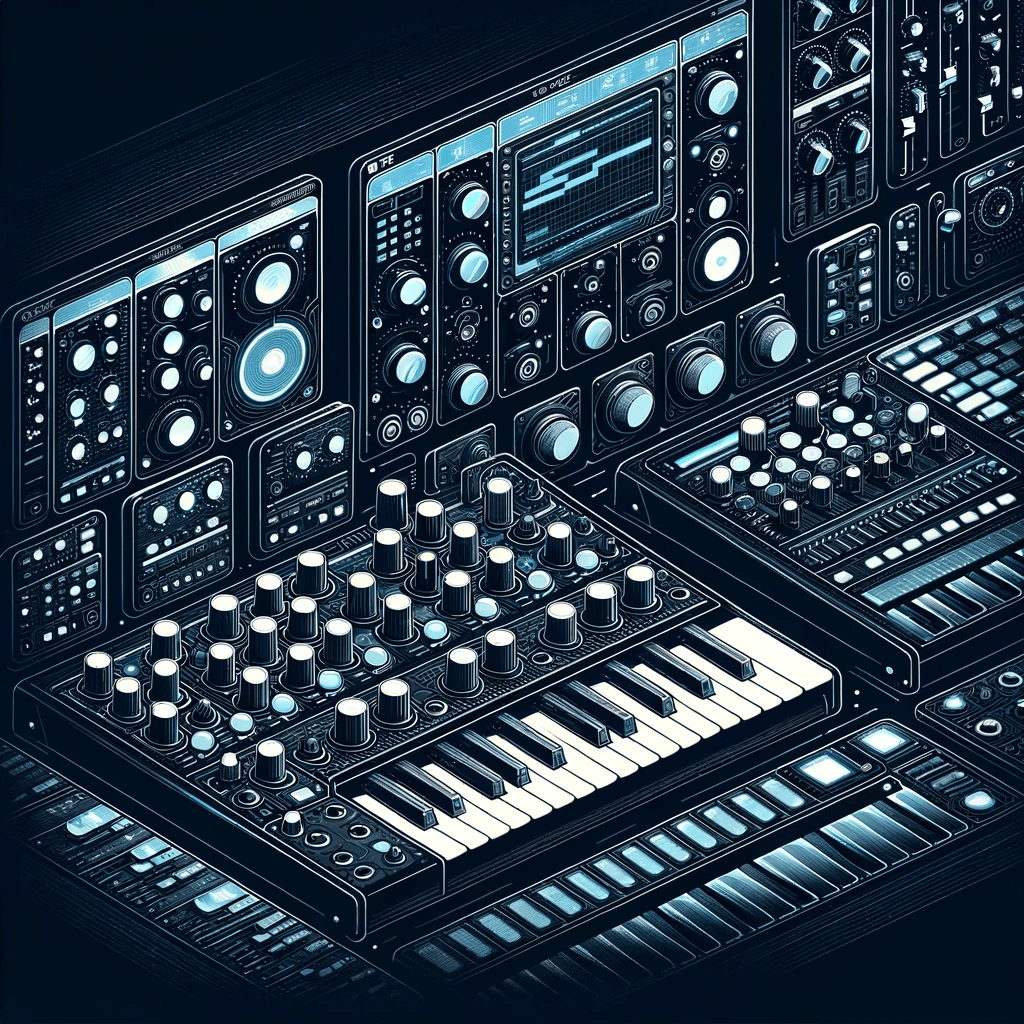
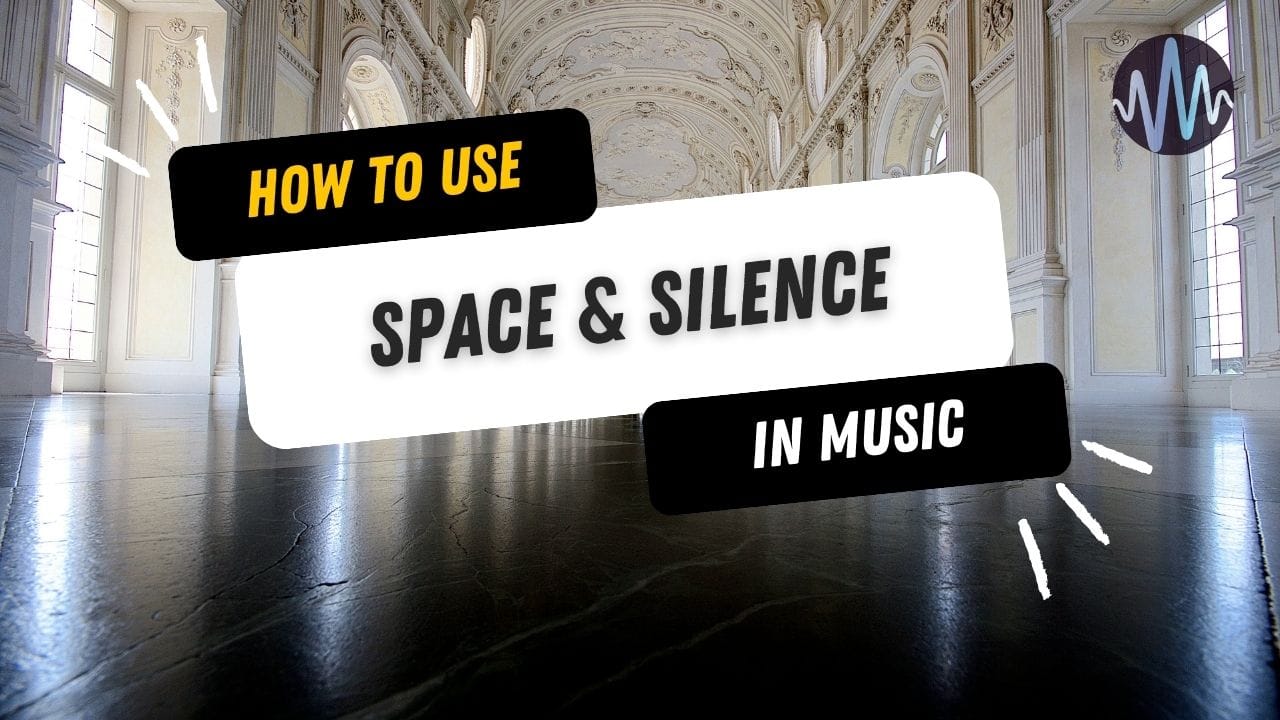
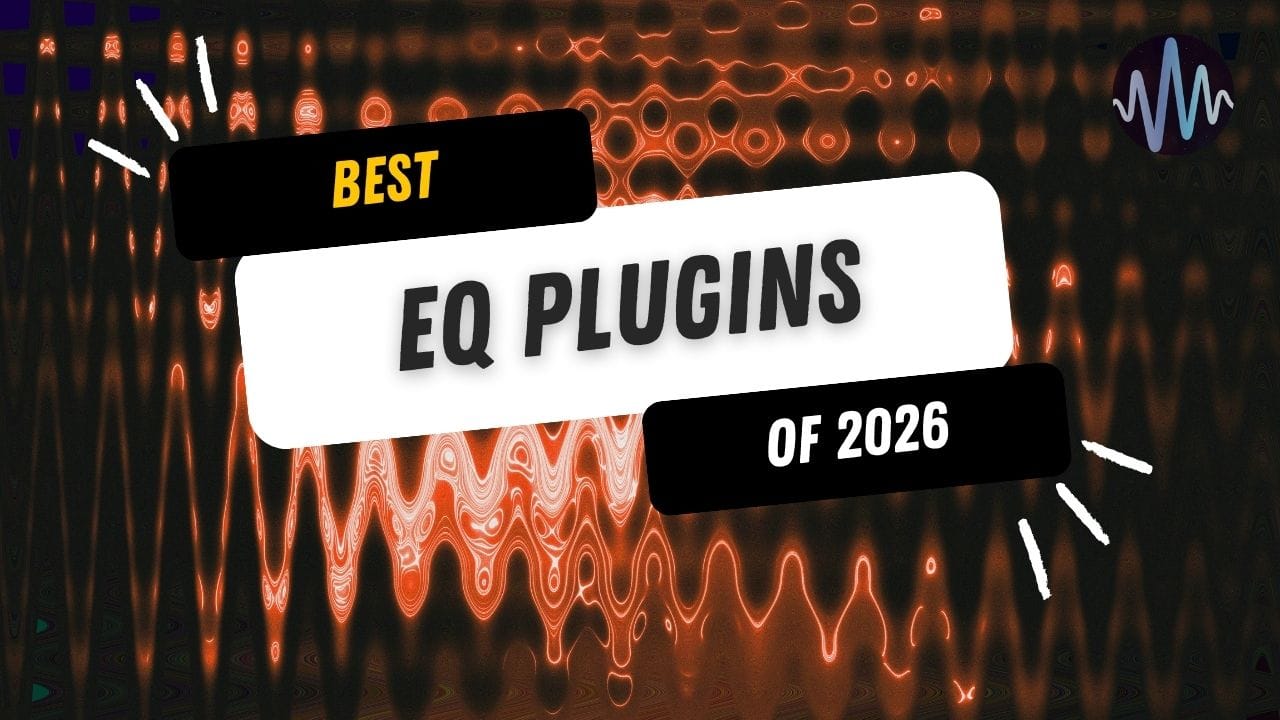
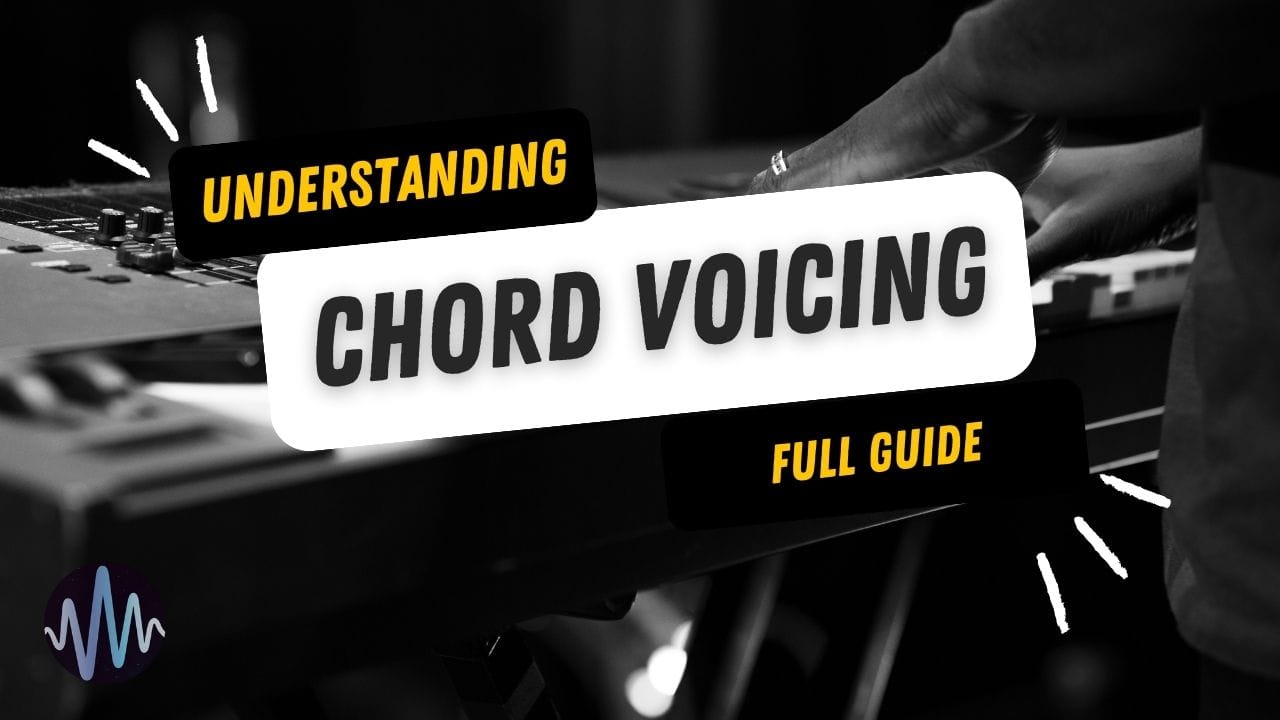
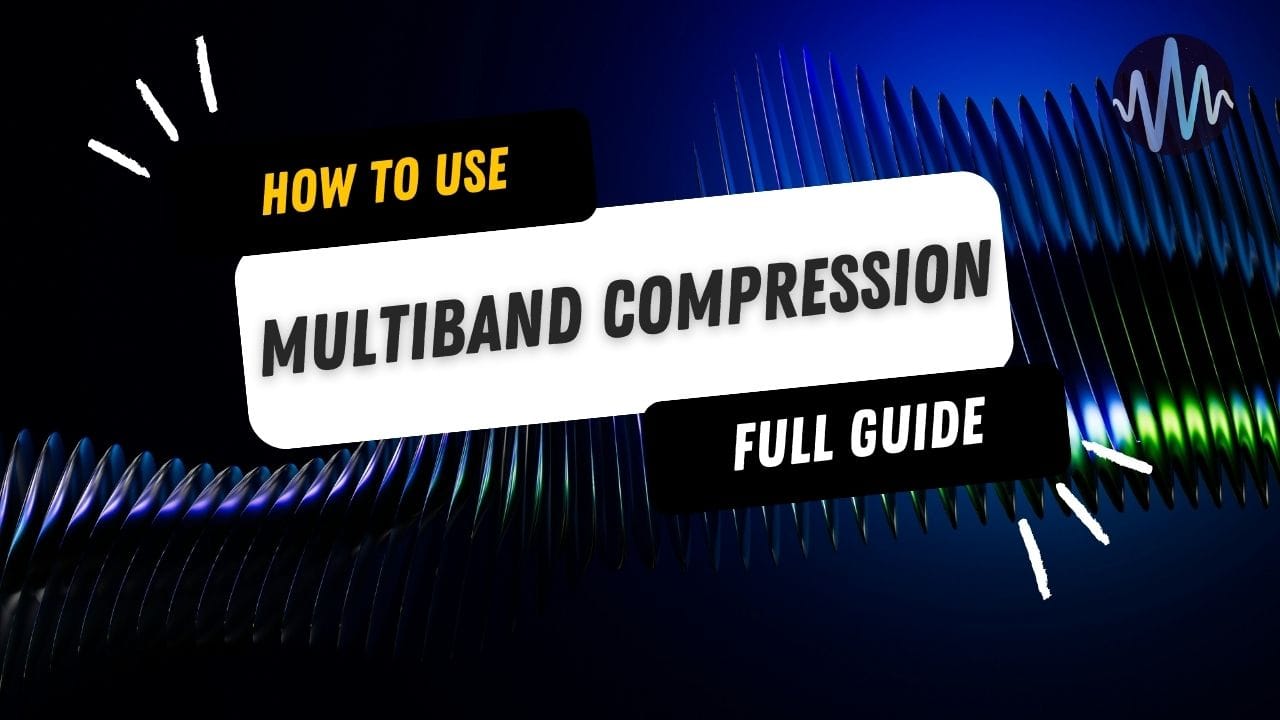
Comments